
In the intricate ecosystem of an automobile, few components are as critical yet overlooked as the air filter. This guide provides an exhaustive analysis of car air filters, exploring everything from market dynamics to the microscopic details of filtration media. Whether you're a fleet manager, an automotive engineer, or a discerning car owner, understanding the nuances of air filtration is paramount for vehicle performance, longevity, and passenger health. We will delve into the technical specifications, compare manufacturing approaches, and showcase why sourcing from a specialized car air filters factory is the superior choice for quality and value.
Market Insights: The Evolving Landscape of Car Air Filters
The global automotive filters market is experiencing a significant transformation. Valued at approximately USD 20.5 billion in 2023, it's projected to grow at a CAGR of 4.5% through 2030. This growth isn't just about volume; it's driven by qualitative shifts. Consumers and regulations are demanding higher efficiency, longer service intervals, and more sustainable materials. Key trends shaping the industry include:
- Increased Focus on In-Cabin Air Quality (IAQ): With rising awareness of airborne pollutants like PM2.5, pollen, and VOCs (Volatile Organic Compounds), high-efficiency cabin car air filters with activated carbon and electrostatic layers are no longer a luxury but a standard expectation.
- Demand for Eco-Friendly Materials: The push for sustainability is influencing filter design. Manufacturers are exploring recyclable filter media and biodegradable frame materials to reduce the environmental footprint of disposable parts.
- Extended Service Intervals: Fleet operators and everyday drivers alike seek to minimize maintenance costs and vehicle downtime. This has spurred the development of long-life car air filters that utilize advanced synthetic media with higher dust-holding capacity without compromising airflow.
- Electrification's Impact: While electric vehicles (EVs) don't have engine air filters, their reliance on sophisticated electronics and battery cooling systems necessitates advanced filtration to protect sensitive components. Cabin air filtration remains equally, if not more, critical in the sealed environment of an EV.
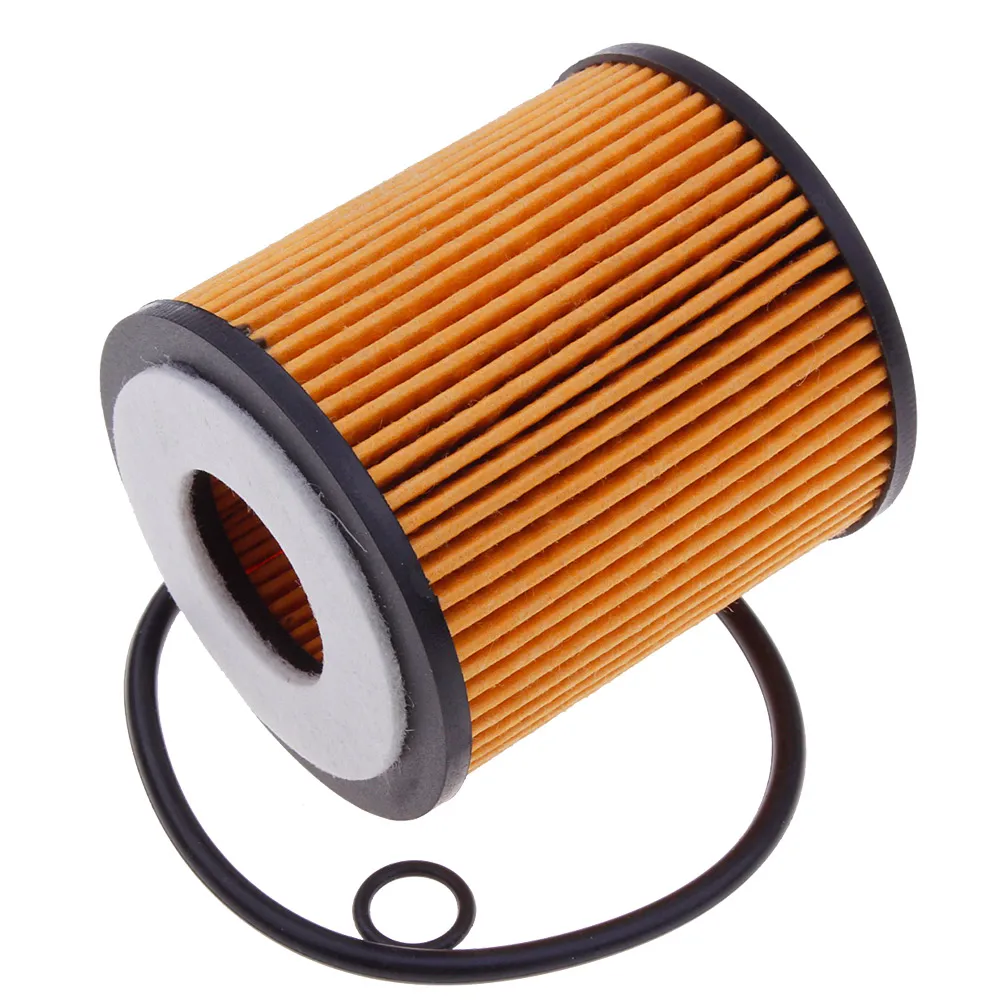
A diverse range of car air filters, each engineered for specific vehicle models and performance requirements.
The Anatomy of a Superior Filter: A Technical Deep Dive
Not all filters are created equal. The difference between a premium filter and a generic one lies in the science of its materials, the precision of its construction, and the rigor of its testing. As a leading car air filters factory, we pride ourselves on mastering these elements.
Our Star Product: The JY-CF98 Premium Car Cabin Filter
Our flagship Car Cabin Filter, the JY-CF98, epitomizes our engineering philosophy. It is designed to exceed OEM specifications, offering superior protection and longevity. It's not just a part; it's an investment in your vehicle's health and your own well-being.
Deconstructing the Manufacturing Process: From Raw Material to Road-Ready
The journey of a high-performance air filter is a testament to precision engineering. Our ISO 9001:2015 certified process ensures that every filter leaving our facility meets the highest standards of quality and consistency. Here’s a simplified look at our meticulous production flow:
1. Material Sourcing & Testing
Multi-layer synthetic melt-blown fabric and activated carbon are selected and lab-tested for porosity and efficiency.
2. Media Pleating
The filter media is precisely pleated to maximize surface area, a critical factor for dust-holding capacity and airflow.
3. Frame Injection Molding
A durable, heat-resistant polyurethane (PU) or ABS frame is injection-molded for a perfect, leak-proof seal.
4. Assembly & Sealing
The pleated media is ultrasonically welded or bonded to the frame, ensuring structural integrity under high airflow.
5. Quality Control
Each filter undergoes rigorous testing for fitment, filtration efficiency (particle count test), and air resistance.
Key Technical Attributes Spotlight
- Material Science: We utilize a composite of electrostatically charged melt-blown polypropylene layers for capturing fine particulates (PM2.5) and a high-grade coconut shell activated carbon layer for adsorbing odors, gases, and VOCs.
- Manufacturing Craftsmanship: Our process involves high-speed, automated pleating for uniform fold spacing and height, and CNC-machined molds for injection molding, guaranteeing dimensional accuracy to within 0.5mm for a perfect fit.
- Testing & Standards: Every batch is tested against ISO 29463 (for high-efficiency media) and IATF 16949 (automotive quality management) benchmarks. Our filters are designed to perform consistently across a wide temperature range (-40°C to 85°C).
- Longevity & Durability: The robust PU frame and high-capacity synthetic media allow for a recommended service life of up to 15,000 miles (25,000 km) or 12 months, often exceeding OEM recommendations.
- Application Advantage: In a typical urban driving scenario, our cabin filters can reduce in-vehicle PM2.5 concentration by over 99%, protecting passengers from harmful pollution and preventing premature wear on the vehicle's HVAC blower motor and evaporator core.
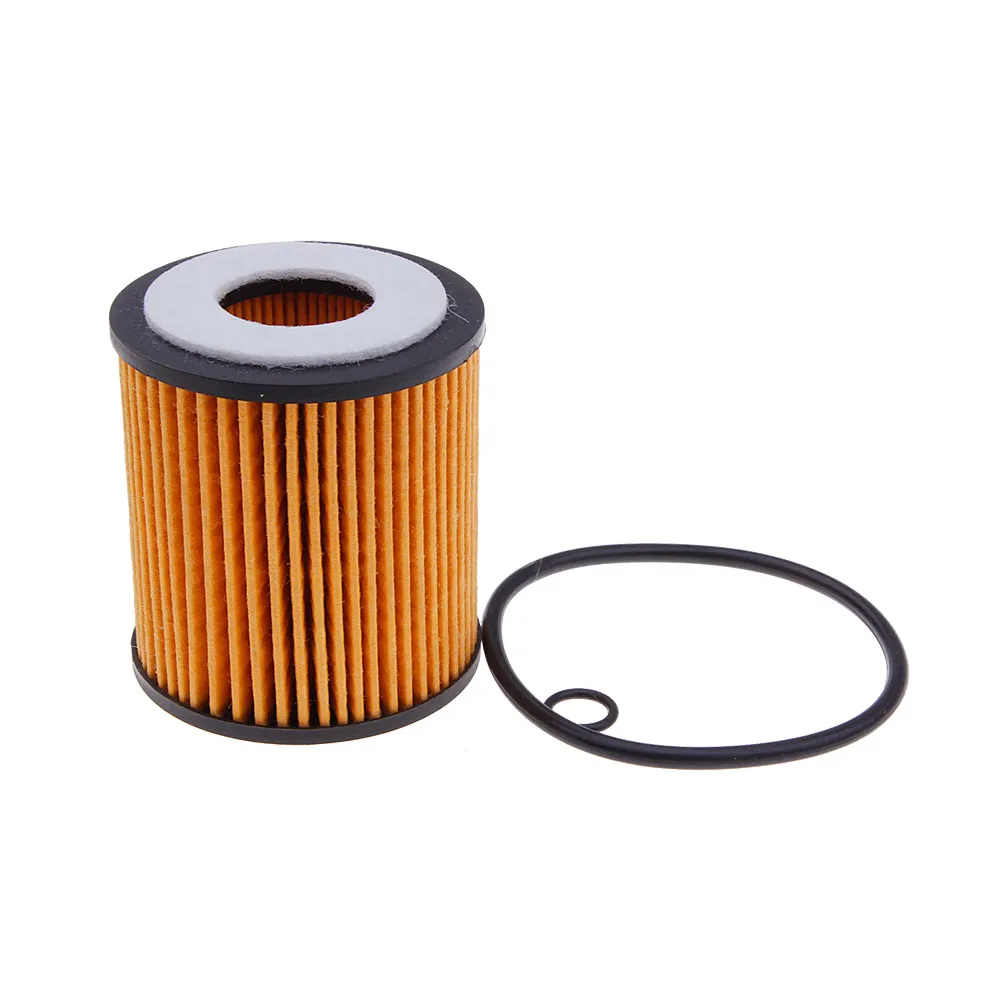
The precision of the pleats in car air filters directly impacts filtration surface area and airflow efficiency.
Data-Driven Performance: Why Our Filters Excel
In the world of engineering, data speaks louder than words. We've compiled extensive data to demonstrate the tangible benefits of choosing a premium filter. The numbers clearly show a significant performance gap between professionally engineered filters and their generic counterparts, which directly impacts the car air filters price-to-performance ratio.
General Car Air Filters Material Comparison
The choice of filter media is the single most important factor in a filter's performance. Here's a comparative overview:
| Parameter | Standard Paper/Cellulose | Oiled Cotton Gauze | Synthetic Non-Woven | JY Filter's Composite Synthetic |
|---|---|---|---|---|
| Filtration Efficiency (Initial) | Good (~98% for >10µm particles) | Fair (Requires oil to be effective) | Excellent (~99% for >5µm particles) | Superior (99.5%+ for PM2.5, electrostatically enhanced) |
| Airflow | Good when new, drops quickly | Excellent (Can be too high, letting more dirt pass) | Excellent and stable | Optimized balance of high airflow and efficiency |
| Dust Holding Capacity (DHC) | Moderate | Low (Requires frequent cleaning) | High | Very High (Deep-loading media) |
| Moisture Resistance | Poor (Can swell and restrict flow) | Good | Excellent | Excellent (Hydrophobic properties) |
| Lifespan | 8,000 - 12,000 miles | Reusable, but requires cleaning/oiling | 12,000 - 15,000 miles | 15,000+ miles under normal conditions |
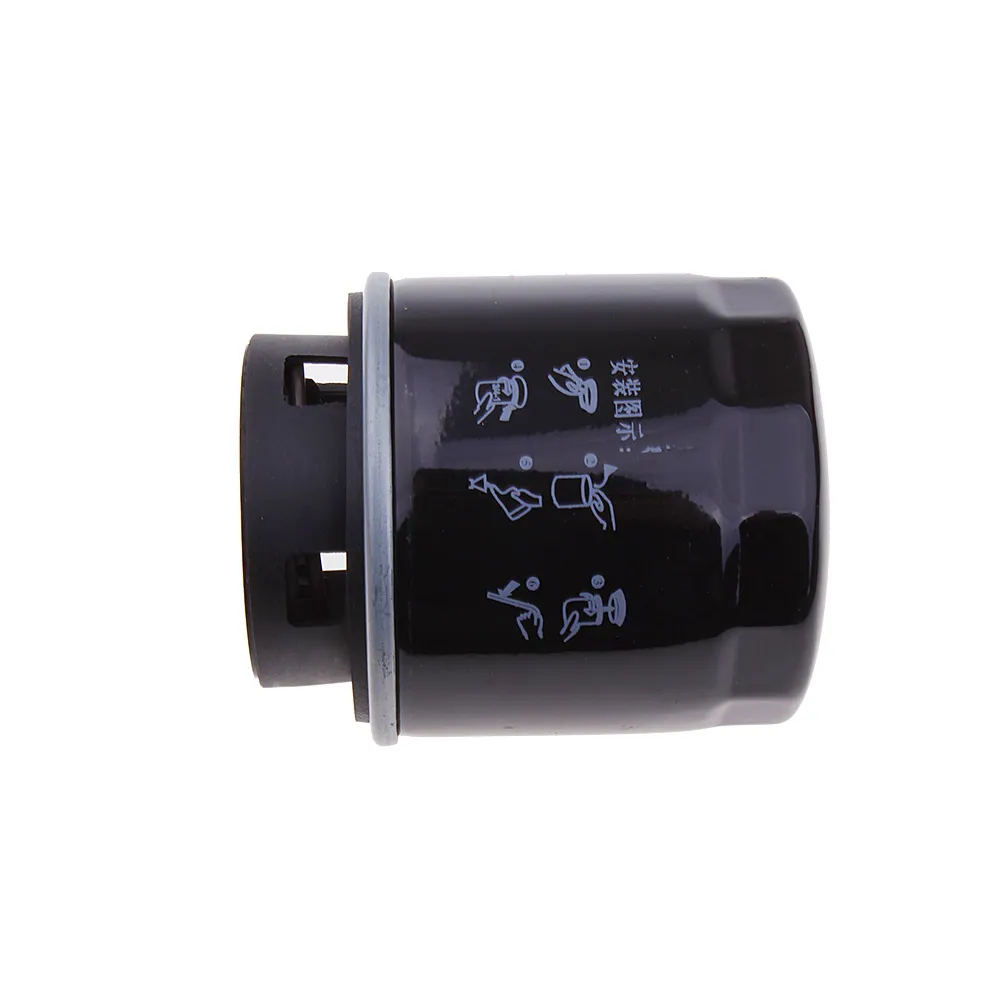
Customization in size and shape is key for a perfect fit across thousands of vehicle models.
JY-CF98 Technical Performance Metrics
Visualizing performance data makes the differences stark. Below, we compare our JY-CF98 cabin filter against a typical OEM filter and a low-cost generic aftermarket option.
JY-CF98 Material Composition
- Melt-blown Fabric (60%)
- Activated Carbon (25%)
- Polyurethane Frame (15%)
Efficiency Over Lifespan (15,000 Miles)
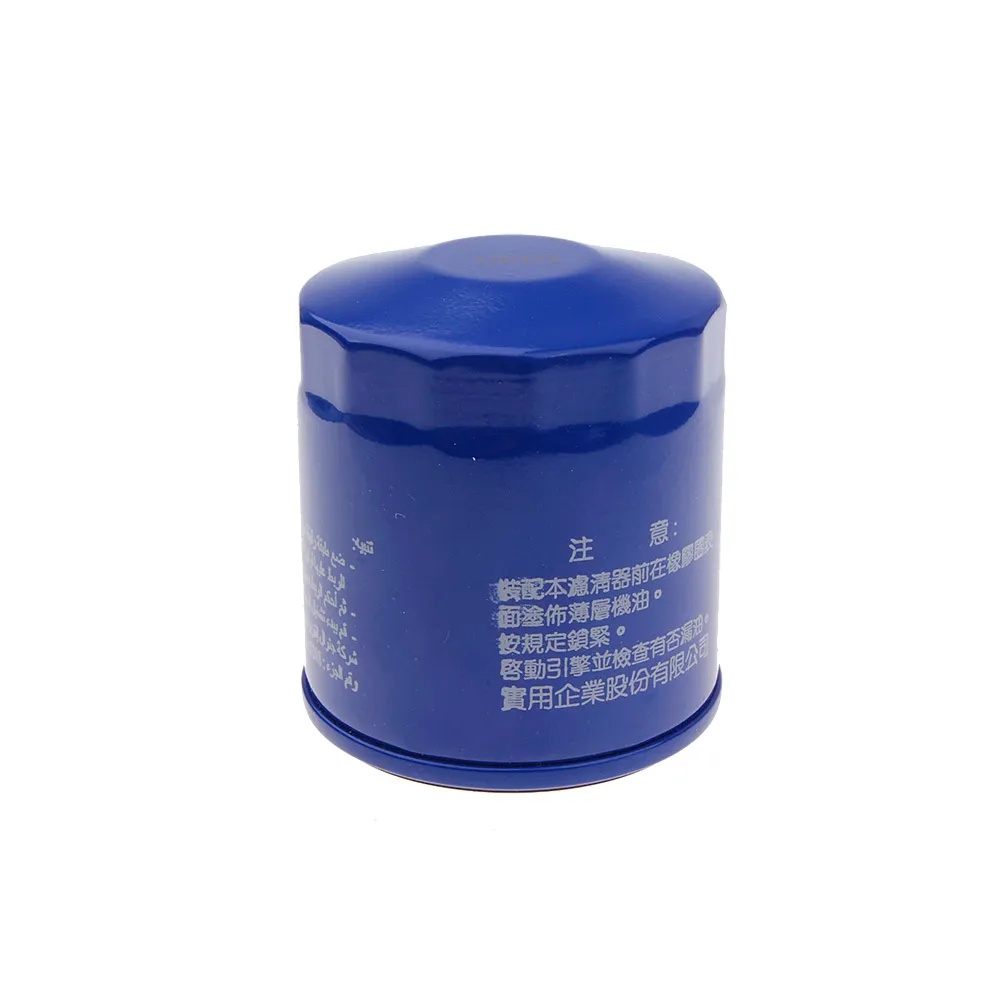
The granular activated carbon layer is crucial for adsorbing harmful gases and odors.
Choosing Your Partner: Navigating Car Air Filters Suppliers
When sourcing car air filters, you have two primary options: a general parts distributor or a specialized car air filters factory. While distributors offer convenience, partnering directly with a manufacturer provides unparalleled advantages in quality control, customization, technical support, and cost-effectiveness.
The Factory-Direct Advantage: More Than Just Car Air Filters Price
- Uncompromised Quality: As the manufacturer, we have end-to-end control over the entire production process, from raw material validation to final performance testing. This eliminates the risk of counterfeit or substandard products that can plague complex supply chains.
- Technical Expertise on Tap: Our engineers live and breathe filtration technology. When you have a technical query or a specific performance requirement, you're talking to the experts who designed the product, not a salesperson reading from a catalog.
- Cost-Effectiveness: By eliminating intermediaries, we can offer a more competitive car air filters price without sacrificing quality. This is especially true for bulk and custom orders, where the savings become substantial.
- Flexibility and Customization: Need a filter for a classic car, a high-performance vehicle, or a fleet with unique operating conditions? We can design and produce bespoke solutions tailored to your exact needs.
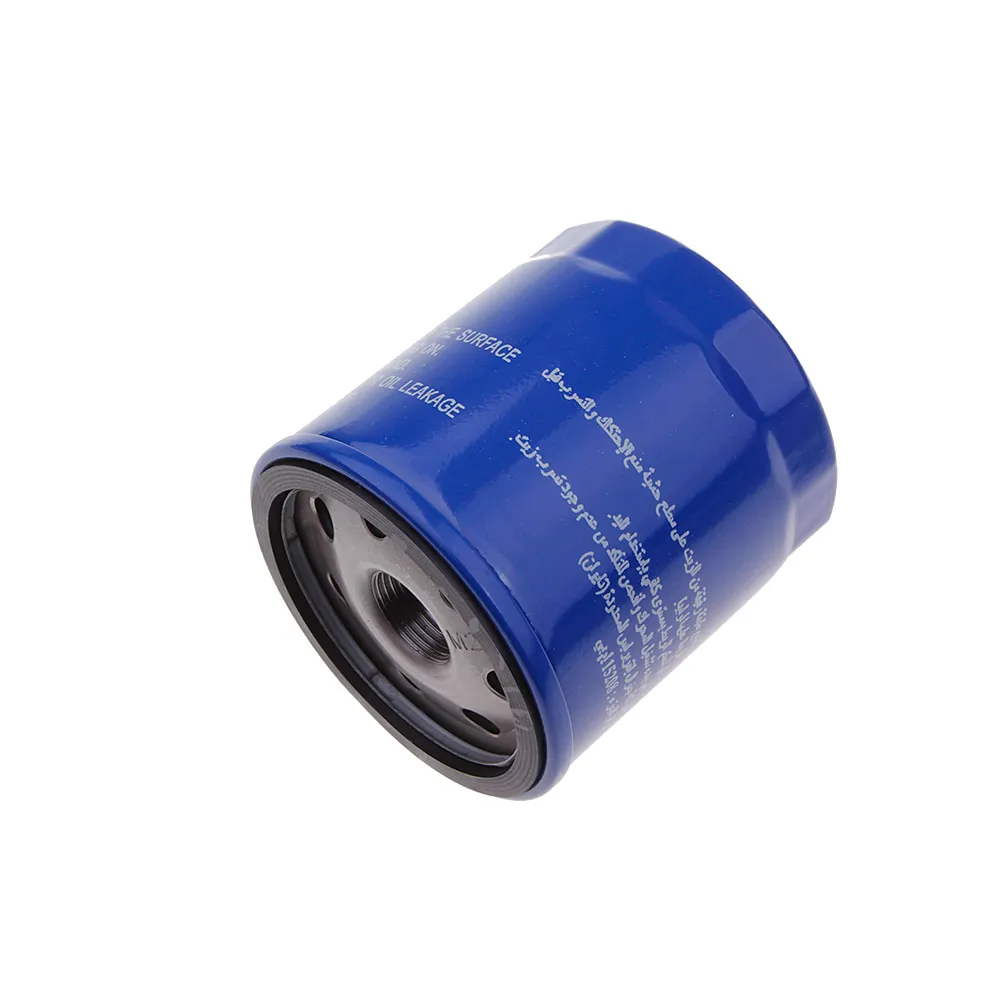
Rigorous quality control is a non-negotiable part of our manufacturing philosophy.
Bespoke Solutions: Custom Car Air Filters from Our Factory
Our capabilities extend far beyond our standard product line. As a leading car air filters factory, we offer comprehensive OEM/ODM services. Our customization process is collaborative and thorough:
- Consultation & Requirement Analysis: We begin by understanding your specific needs—vehicle application, desired performance level (e.g., HEPA-level filtration), environmental conditions, and branding requirements.
- Design & Prototyping: Our R&D team develops 3D models and produces rapid prototypes for fitment testing and performance validation.
- Material Selection: We help you choose the optimal combination of filter media, frame material, and sealing gaskets to meet your cost and performance targets.
- Tooling & Mass Production: Once the design is approved, we create the necessary molds and set up a dedicated production line for your order, ensuring consistency and efficiency.
- Branding & Packaging: We can incorporate your branding directly onto the filter and design custom packaging that reflects your brand's identity and protects the product during transit.
Real-World Impact: Application Cases & Testimonials
Our commitment to excellence is reflected in the success of our clients. Our filters are trusted by automotive aftermarket brands, fleet management companies, and service centers across the globe.
“We manage a fleet of over 500 delivery vehicles operating in dense urban environments. Switching to JY Filter's high-efficiency cabin filters has been a game-changer. Our drivers report a noticeable improvement in in-cabin air quality, and our HVAC maintenance costs have dropped by 15% due to cleaner evaporator coils. The extended service life of their car air filters also aligns perfectly with our maintenance schedule, reducing vehicle downtime. Their factory-direct support and competitive pricing make them an invaluable partner.”
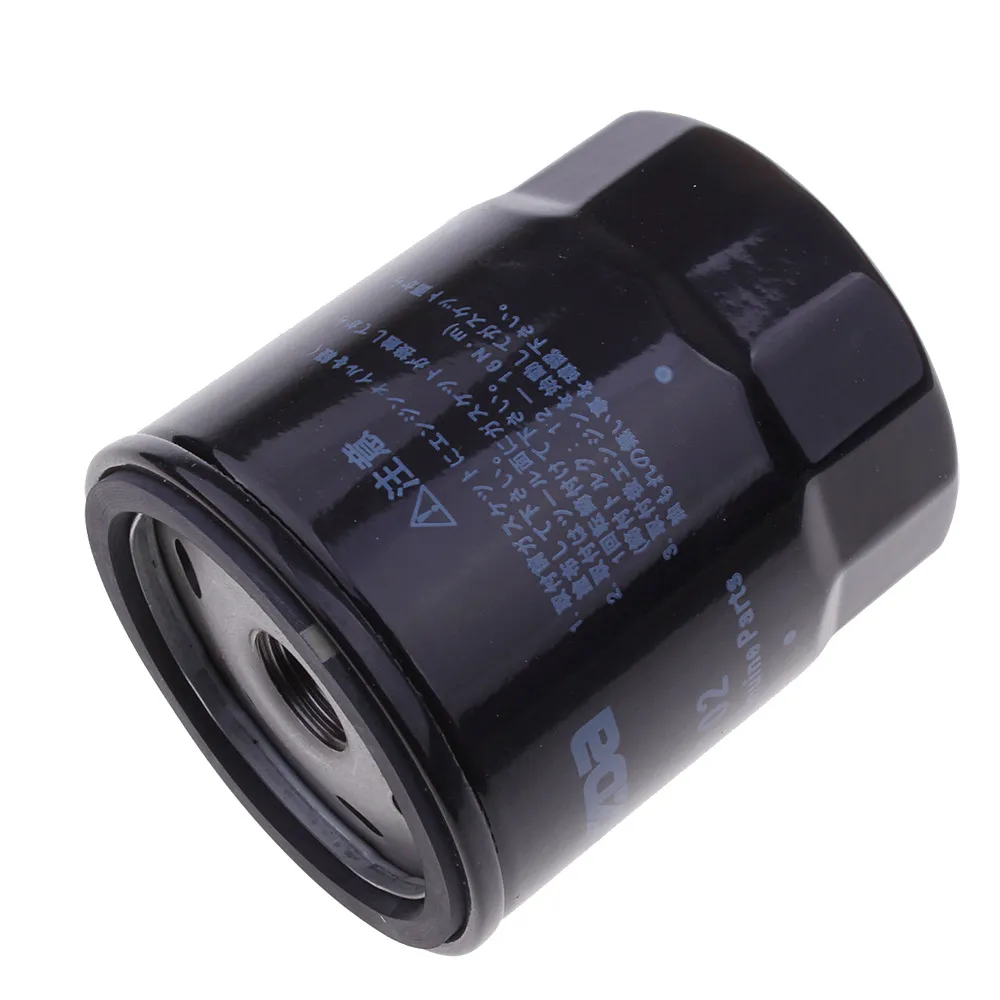
Our state-of-the-art production facility ensures precision and efficiency in every filter made.
Building Confidence: Our Commitment to Quality and Trust (E-E-A-T)
In a crowded market of car air filters suppliers, trust is earned. We build this trust on a foundation of Expertise, Experience, Authoritativeness, and Trustworthiness.
Authoritativeness & Certifications
Our authority is validated by internationally recognized standards and long-standing industry presence. With over 15 years of focused experience, we are not just a manufacturer; we are filtration specialists.
- ISO 9001:2015 Certified: Our quality management system is rigorously audited and certified.
- IATF 16949 Compliant: We adhere to the strict quality requirements of the automotive industry.
- Trusted by Global Brands: We are the chosen OEM/ODM partner for leading aftermarket brands in North America, Europe, and Asia.
Warranty, Delivery, and Support
Our commitment to you extends beyond the factory floor.
- Comprehensive Warranty: We stand behind our products with a 12-month or 15,000-mile warranty against manufacturing defects.
- Reliable Delivery: Our streamlined logistics ensure a typical delivery cycle of 30-45 days for container111 orders, with clear communication at every step.
- Dedicated Customer Support: Our expert team is available to answer your technical questions, provide installation guidance, and resolve any issues promptly.

Every filter is carefully inspected before being packaged for our global customers.
Frequently Asked Questions (FAQ)
1. What are the main materials used in your car air filters?
Our premium cabin air filters primarily use a multi-layer composite media. This includes a non-woven, electrostatically charged melt-blown fabric layer for capturing fine particulates like dust, pollen, and PM2.5, and a layer of high-grade activated carbon derived from coconut shells for adsorbing odors and harmful gases (VOCs). The frame is typically made of durable, high-temperature polyurethane (PU) or ABS plastic to ensure a perfect, long-lasting seal.
2. What's the difference between a cabin air filter and an engine air filter?
They serve two different, vital purposes. An engine air filter protects the engine by preventing dust, debris, and insects from entering the combustion chamber, which is crucial for performance and fuel efficiency. A cabin air filter, like our Car Cabin Filter, protects the vehicle's occupants by cleaning the air that enters the passenger compartment through the HVAC system, removing pollutants, allergens, and odors.
3. How often should I replace my car's air filter?
We recommend replacing our high-performance cabin air filters every 12,000 to 15,000 miles (20,000 to 25,000 km) or at least once a year. However, this can vary. If you frequently drive in highly polluted urban areas or dusty, rural environments, you may need to replace it more often. For engine air filters, the interval is typically 15,000 to 30,000 miles, but always consult your vehicle's owner manual.
4. What is a MERV rating and why is it important for cabin filters?
MERV stands for Minimum Efficiency Reporting Value. It's a standard (ASHRAE 52.2) that rates the overall effectiveness of an air filter. While primarily used for HVAC systems, the principles apply to cabin filters. A higher MERV rating indicates better filtration of smaller particles. Our filters are engineered to perform at a level comparable to high MERV ratings, effectively capturing microscopic airborne contaminants that cheaper filters miss.
5. Do your filters meet international standards like ISO?
Absolutely. Our entire manufacturing facility operates under a strict ISO 9001:2015 certified quality management system. The materials and performance of our filters are benchmarked against relevant standards like ISO 29463 (for filter media efficiency) and our processes are compliant with IATF 16949, the global quality standard for the automotive industry. This ensures consistency, reliability, and performance you can trust.
6. Can I order custom-sized or branded filters from your factory?
Yes. We are a dedicated car air filters factory with robust OEM/ODM capabilities. We can produce filters to your exact dimensional specifications, performance requirements, and branding guidelines. This includes custom printing on the filter frame and creating bespoke packaging. Please contact our sales team to discuss your project.
7. What is the benefit of an activated carbon layer in a cabin filter?
The activated carbon layer provides a crucial second line of defense that standard particulate filters lack. While the fiber media traps solid particles, activated carbon works on a molecular level through a process called adsorption. It has a highly porous structure with a vast internal surface area, allowing it to trap and neutralize gas-phase pollutants like nitrogen oxides (NOx), sulfur dioxide (SO2), ozone (O3), and volatile organic compounds (VOCs) from exhaust fumes and industrial emissions, effectively eliminating odors and harmful chemicals from the air you breathe.
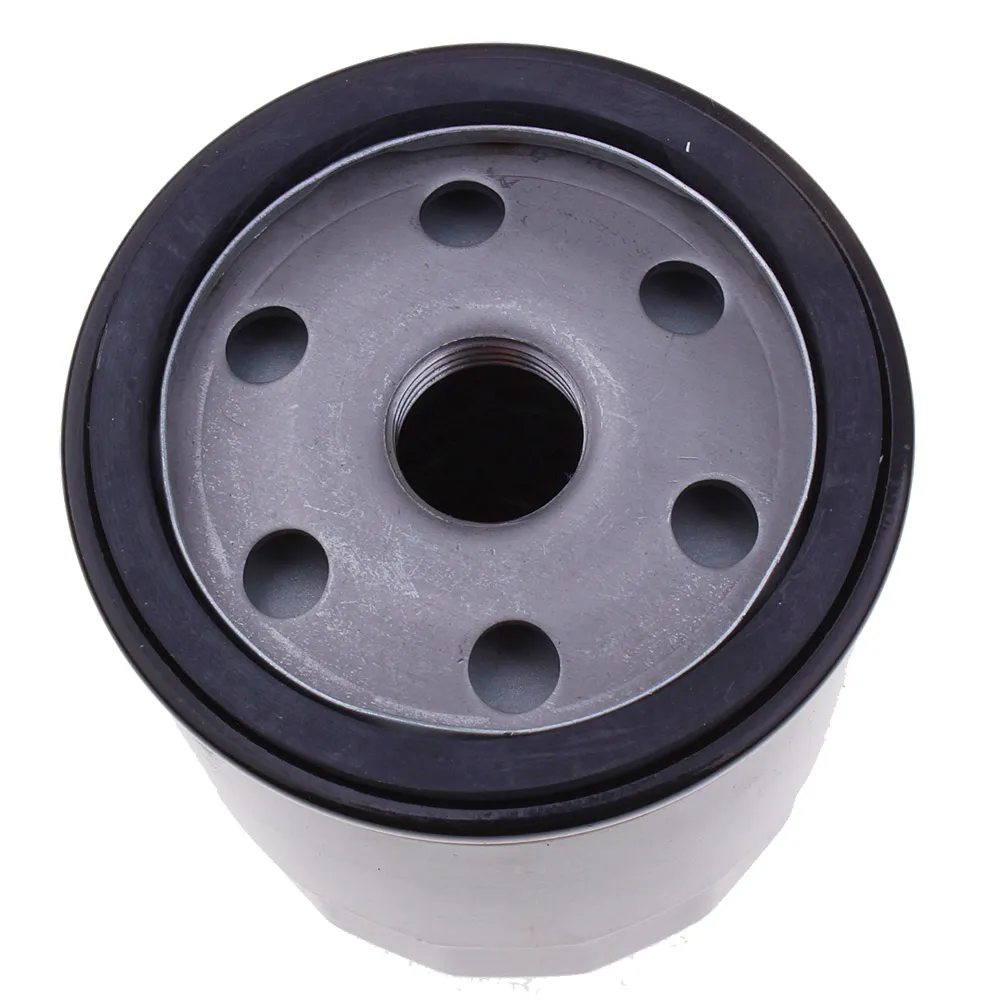
From compact cars to heavy-duty trucks, we provide a filtration solution for every need.
Conclusion & Further Reading: The selection of high-quality car air filters is a critical decision that impacts vehicle performance, operating costs, and passenger health. By partnering directly with a specialized car air filters factory, businesses and consumers can access superior technology, expert support, and greater value. The industry continues to innovate, driven by demands for cleaner air and greater efficiency. As noted by industry analysts, "The integration of advanced nonwoven materials and nanocomposite fibers in automotive filters is a key trend that will define the market's future, enhancing both particulate and gaseous filtration capabilities."
For more in-depth technical information on filtration media standards, refer to publications from SAE International: SAE J1667 - Cabin Air Filter Test Code.
-
The Hidden Benefits of Proper Cabin Filter Use in Your VehicleNewsJul.31,2025
-
Replacing Your Gasoline Filter at HomeNewsJul.31,2025
-
How Often Should You Replace Your Car Air Cabin Filter?NewsJul.31,2025
-
How Much Does a Car Air Filter Cost?NewsJul.31,2025
-
Car Fuel Filter Price GuideNewsJul.31,2025
-
Best Car Air Purifiers for Allergy SufferersNewsJul.31,2025
-
Vehicle Performance with Premium Car Filter SolutionsNewsJul.02,2025
Related Products




